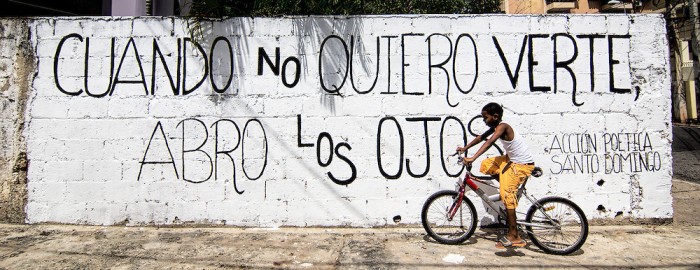Saturday, September 26, 2020
ace of hearts
Thursday, September 24, 2020
red velvet classic
Wednesday, September 23, 2020
weekend in the underworld
Tuesday, September 22, 2020
old story
Monday, September 21, 2020
on earth
Sunday, September 20, 2020
leisure-loving man suffers untimely death
Monday, September 7, 2020
too much and not the mood
from too much and not the mood by durga chew-bose [published by farrar, straus and giroux]
"being wowed by fruit or cake batter, i should add, yet fairly sure i'm okay with never seeing the grand canyon in person, ought to disqualify me from ever writing about wonder. then again, maybe that's why i'm drawn to wonder: it pays no attention to priorities." (12)
"i've come around to the conciliatory quality of untruths. memory fans out from imagination, and vice versa, and why not. memory isn't a well but an offshoot. it goes secretly. comes apart. deceives. it's guilty of repurposing the meaning of deep meaning and poking fun at what you've emotionalized.
and besides, it feels more covert to have no evidence. to believe that something you've experienced will build on your extent -- your extent as a person who sees things, and is moved by things -- without ever having to prove those things happened exactly as they happened. substantiating is grueling, monotonous. it's what life expects of you. memory is trust open to doubt." (31-32)
"i've been so young for so long and so old for longer -- so heart-wrinkled and naive all at once. so brow-furrowed but heart-open too; a detective. snooping yet easily sidetracked. i'll believe anything because i want to understand, yet understanding can sometimes organize itself like a series of false starts." (35)
"it's been months since i'd been to a museum, but watching this woman mechanically tie her hair was softly enormous." (57)
"going to the movies is the most public way to experience a secret. or, the most secretive way to experience the public." (191)
"i still confuse being misunderstood with feeling shame." (215)
"while my mother said, 'people don't change,' what she meant is, i'd estimate: i shouldn't try to change a person. that the effort exerted is often ineffectual and upsetting. nobody adjusts himself or herself, unless prompted first, by some interior gurgling. some deep mobilizing. urgency forms in the belly. and change, i've come to understand, rises up like nausea: the promise of relief is what makes it bearable. the body's clever ways for communicating shifts can make a person crazy, but also move a person toward life.
in suggesting i shouldn't attempt to alter how this person from my past thinks or finds his focus, my mother also meant: be wary of overvaluing what he gives. be cautious of how proportioned my ability to love is with how impressionable i become. what moves him to create belongs discretely to him. what lights him up from inside and incites growth is what will ultimately specify his dimension. not me." (218-219)
Sunday, September 6, 2020
common to whom
from the introduction section (by anna della subin) in the hospital by ahmed bouanani [published by new directions]
"in his manifesto the editor and poet adbdellatif laabi railed against the stagnation of moroccan thought and called for the total decolonization of culture and art. yet what foundation was left upon which to build a national culture? what bound moroccans together as a nation? after all, it was the colonizers, laabi wrote, who had come up with the boundaries of nations, artificial divisions that retraced the history of conquest and dismembered tribal zones. what made morocco a unity beyond a shared history of defeat? its conquerors had imposed an invented binary between 'berbers' and 'arabs,' for the french had seized upon linguistic differences to pit two imagined 'races' against one another. often, colonial administrators extended special protections to the berbers to alienate them from their arab neighbors, in a classic tactic of divide and rule." (16)
"the number fourteen conjures a conflicting way of measuring time, as the islamic fourteenth century a.h. corresponds to the twentieth century c.e. - the designation ever prompting the question, common to whom? the dueling systems of timekeeping destabilize any authority time itself might have, that 'invention of adults' which twists into absurd shapes in the eternity of a hospital ward." (24)
